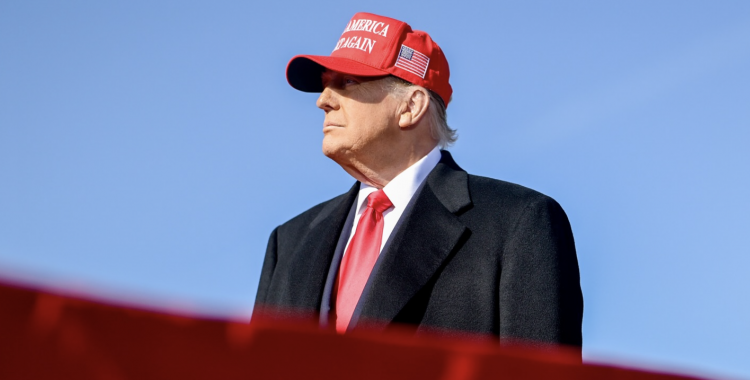For the professor of African International Politics, at the University of Oxford, in the United Kingdom, the President-elect of the United States "does not have the tolerance" of Joe Biden for countries that are not aligned with North American interests.
"In the context of the American elections, there was some hesitation in Angola about the long-term value of Biden's visit. If the outcome [of the elections] favored Trump, which it ultimately did, there was fear that the new president would sabotage American initiatives in Angola, precisely because they came from the Biden administration", considers Ricardo Soares de Oliveira.
However, the researcher identifies a problem: even if Trump believes in the logic of the partnership, "he does not have the Biden administration's tolerance for non-aligned states."
"The Biden administration wanted to win the support of African states on issues like Ukraine, but it almost always did so discreetly. It didn't want to be seen doing the kind of coercive pressure we associate with the cold war years. But that's precisely what the Trump administration will do so without hesitation, expecting loyalty from weaker states. The compromise that Angolans are playing between China and the USA will be much more difficult", he adds.
Angola's difficulties in its relationship with the United States, which from January 20th will once again have a Republican as President, are based on the principle of Africa's almost total irrelevance for an administration led by Donald Trump.
"During Trump's first administration (2017-2021), Africa was mostly ignored. The president made some unflattering comments about the continent, but the common thread [from his first term] was a lack of interest. Africa continues to will not be a priority area for Trump's return, so we can expect much less interest. What interest there is will be very transactional and almost always related to areas such as extractive industries, which are very influential in Trump's circle", he anticipates.
Ricardo Soares de Oliveira adds that where there is geopolitical interest, "Trump's stance towards anti-American alignments (or merely equidistant) will probably be much more impatient than Biden's".
"But a lot will depend on the relationship between the US and China. If it deteriorates further, it is possible that Africa will become a stage for geopolitical competition, but for now this has not yet happened in a lasting way", he argues.
Joe Biden visits Angola from the 2nd to the 4th of this month, completing the trip that was initially scheduled for October but that the outgoing North American President postponed to supervise the passage of Hurricane Milton through the United States.
On November 26, in a press briefing on the priorities of Biden's visit, the special assistant to the president and director of African Affairs at the American National Security Council, Frances Brown, highlighted that the American leader will meet bilaterally with the president, João Lourenço, to deepen conversations on infrastructure, climate, peace and security, democracy and shared economic goals.
In 2023, trade between the United States and Angola totaled approximately 1.77 billion dollars, making Angola Washington's fourth-largest trading partner in sub-Saharan Africa.
"We see Angola as a strategic partner and a regional leader. Our relationship with Angola has completely transformed over the last 30 years, and this transformation has gathered pace in the last three years", pointed out Frances Brown.
In this sense, the director of African Affairs summarized Biden's trip to Angola with three objectives: "elevating US leadership in trade, investment and infrastructure in Africa"; highlight Angola's "regional leadership and global partnership across a full spectrum of pressing issues, including trade, security and health"; and, finally, highlight the "remarkable evolution of the US-Angola relationship".







